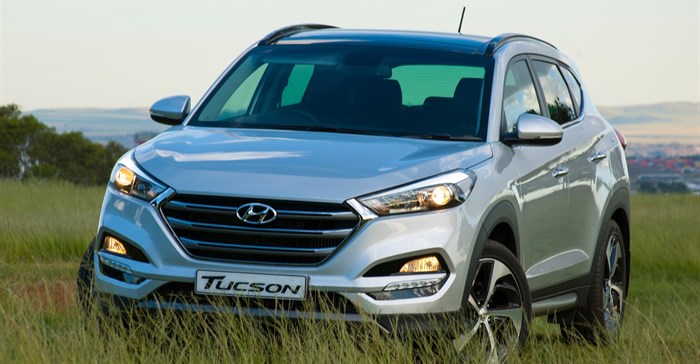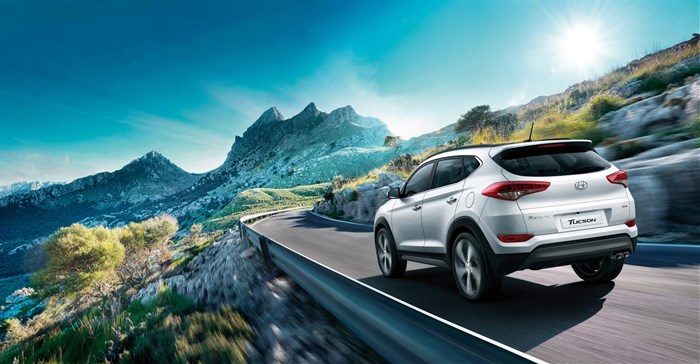With more than 22,000 sales to its name the Hyundai Tucson has been a dominant player in the local crossover market for the past 12 years and in its latest guise the all-new Korean wagon is set to increase its popularity even further.
Tucson built its popularity on practicality, reliability, competitive pricing, chunky good looks and the backing of a class-leading service plan – all of which have been retained in the all-new model.
The original Tucson name makes a welcome return after being re-branded iX35 for the past six years and it has grown longer, wider and lower. It also looks a tad bolder and the ride quality has also been stepped up along with eye-pleasing new touches and features in the living quarters.
A premium feel
Because the wheelbase has also been stretched the cabin has more space for longer-limbed occupants, particularly for the back-seaters. I crisscrossed the Cape in December in the new 1.6 T-GDi Elite AWD model and the generous space was the first tick of approval from the two tall ones in the back seats.
The front seat passenger found the Bluetooth based audio system, and particularly the optional satnav system, quite user-friendly, although it took me a while just to figure out the radio settings. This reminded me of a very funny line I read recently, written by a frustrated car radio user: “One day someone will reinvent twiddling a dial to find channels and be hailed as a technological genius”.
The cabin finish is attractive and has a pleasantly solid look to it. The seats are comfortable even over long stretches. The overall looks and premium feel of the Tucson’s interior certainly elevate it into the top three, if not to the very top, of this segment.
Gutsy performance
A major component of the Tucson’s overall impressive stature is the gutsy performance of the 1.6 turbo-petrol engine under its shapely hood. It kicks out a punchy 130kW and 265Nm, which is considerably more than key competitors such as the Toyota RAV 2.5 and the Ford Kuga 1.5 ST.
Our test car was kitted with a seven-speed DCT transmission that distributes power to all four wheels with the choice of ECO or Sport driving modes. Obviously, things happen quicker and sportier in Sport mode but even when left to do its own thing in standard mode the transmission is a fine match for the power output.
Our test car was shod with 19-inch alloys which not only spiced up the wagon’s looks but also added extra grip through the corners. The steering feels solid and fairly direct and in spite of its high profile, the Korean chariot clings to the tar with tenacity, adding to its overall premium feel.
Although the Tucson is pricey there is much to praise and very little to criticise about the model we had on test. The range consists of seven models in three specification levels and a choice of engines and transmissions priced between R369,900 and R519,900 (pre-January 2017 price increases).
Tucson fully deserves the top spot on the crossover podium, particularly as it is backed by a confidence-boosting, class-leading seven-year/200,000km powertrain warranty, over and above Hyundai’s standard five-year 150,000km warranty.































